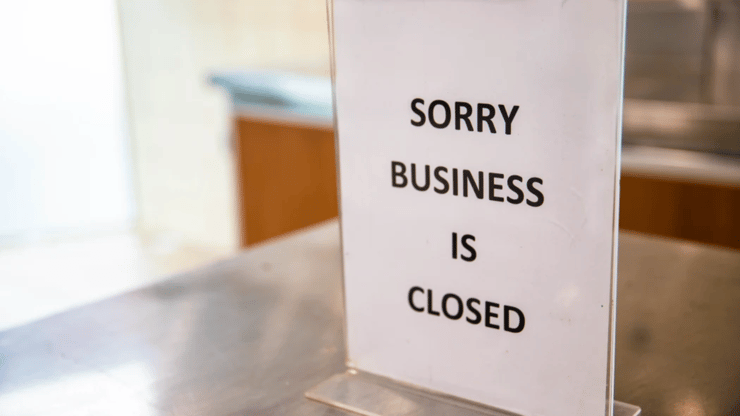Home /
Columns /
New Zealand
NZ Business Confidence Hits The Skids

July 3 2024
New Zealand’s economic landscape has grown increasingly bleak, casting a long shadow over businesses and households alike. The latest Quarterly Survey of Business Opinion by the New Zealand Institute of Economic Research (NZIER) paints a sombre picture, revealing a continuing decline in business confidence. This troubling trend mirrors last month’s BNZ-BusinessNZ Performance of Manufacturing Index, which shows the manufacturing sector has been in contraction for an alarming fifteen consecutive months.
The NZIER report is stark in its assessment, noting a persistent downturn in economic activity and business sentiment. According to the survey, a significant portion of businesses are pessimistic about their prospects, with many reporting declining sales, rising costs, and an increasingly uncertain future. This despondency is further exacerbated by a myriad of challenges facing the economy.
New Zealand is currently grappling with the aftereffects of the Covid-19 pandemic, which disrupted supply chains, strained healthcare systems, and fundamentally altered consumer behaviour. As the world slowly recovers, the ripple effects continue to be felt. The cost of living crisis, characterised by skyrocketing prices for essentials such as housing, food, and fuel, has further eroded disposable incomes and consumer confidence.
Compounding these issues is a troubling exodus of the workforce. Many skilled workers are leaving the country particularly for Australia (New Zealand’s unemployment rate has overtaken Australia’s for the first time in a decade, because of this flight of human capital across the Tasman), leading to a labour shortage that stymies productivity and growth. This shortage has been particularly acute in sectors like healthcare, education, and construction, where the demand for skilled labour is critical. Confused immigration policymaking is further complicating the situation.
Adding to the nation’s and business’ woes is a surge in violent crime, which has created an atmosphere of insecurity and fear.
Amidst this turmoil, New Zealand’s new coalition government, now six months into its term, is still trying to find its feet. The initial promise of decisive action and reform has yet to materialise into tangible improvements. The government’s efforts to stabilise the economy and address these pressing issues have so far been met with mixed results, and patience is clearly wearing thin, particularly with its perceived inaction on crime.
The Taxpayers’ Union has been vocal about the current economic malaise. In their view, the Reserve Bank’s stringent measures to curb inflation are squeezing the life out of the economy. They argue that real relief can only come from a change in government fiscal policies. According to Taxpayers’ Union Executive Director Jordan Williams, New Zealand’s company tax rate, one of the highest in the world, is stifling business growth and investment.
Williams suggests that reducing the company tax rate could provide much-needed breathing space for businesses, encouraging investment and employment. He advocates for allowing full expensing of capital items, a move that would incentivise businesses to invest in growth and productivity-enhancing assets. This is crucial for pulling New Zealand out of recession and back on to a path of sustainable growth. Only through productivity growth, investment, and entrepreneurship can the economy hope to recover and thrive.
The government faces a daunting task. To revive the economy, it must take bold and decisive action. This includes revisiting tax policies to create a more conducive environment for business and investment. By lowering the company tax rate and allowing full expensing of capital investments, the government can stimulate economic activity and encourage businesses to expand and innovate.
Additionally, the government must address the root causes of the labour shortage. This involves investing in education and training programmes. Attracting and retaining talent is equally essential, and this requires creating an environment where skilled workers feel valued and secure, including the right mix of immigration policies to attract the best talent speedily.
Tackling the cost of living crisis is another critical area. The government must work to stabilise housing prices. It is in the process of announcing a slew of measures to make housing affordable and it is hoped that these would be as practicable as they will be non- controversial. Essential goods and services must be made affordable for all New Zealanders. This may involve regulatory reforms and targeted subsidies to support those most in need.
Addressing the surge in violent crime is paramount – as it affects business sentiment the most.
Ensuring public safety through effective law enforcement and community programmes can help restore confidence and create a stable environment conducive to economic growth.





